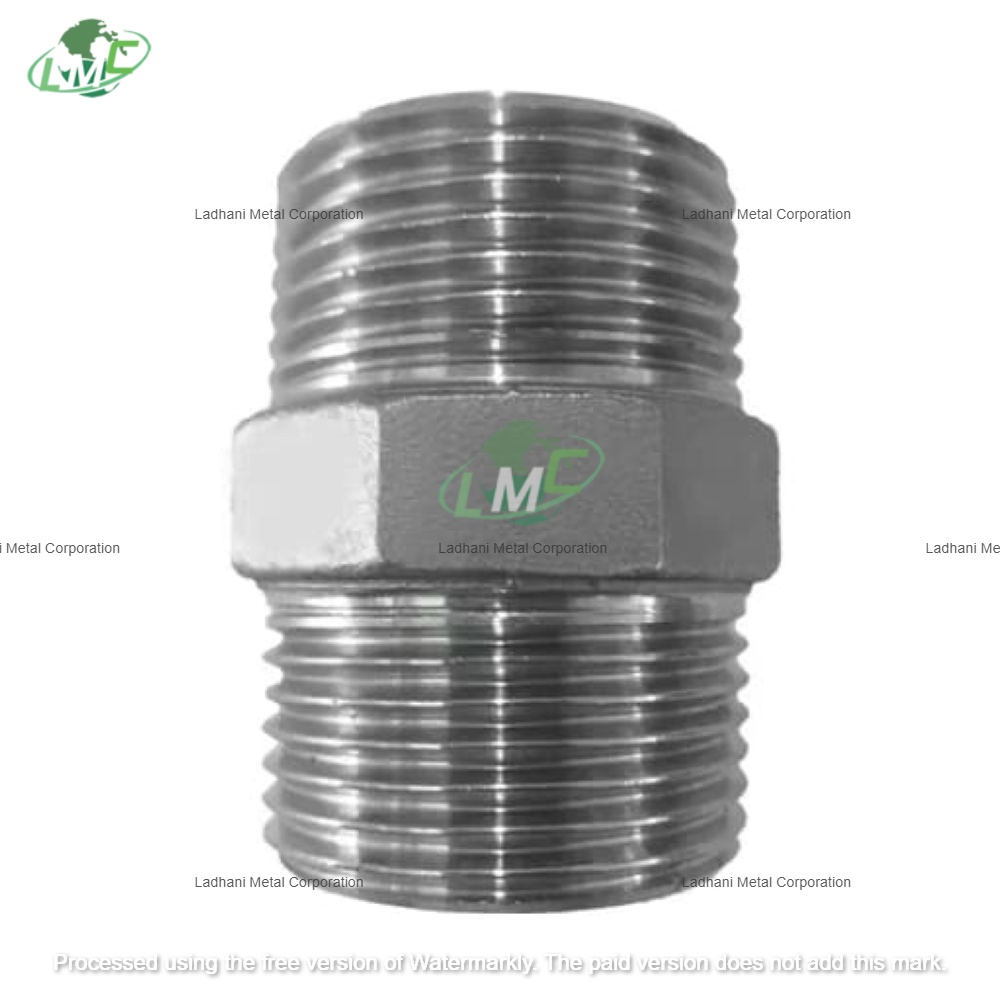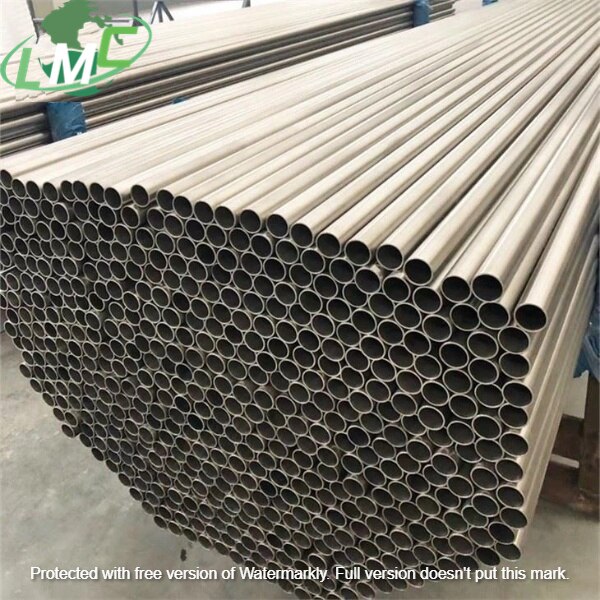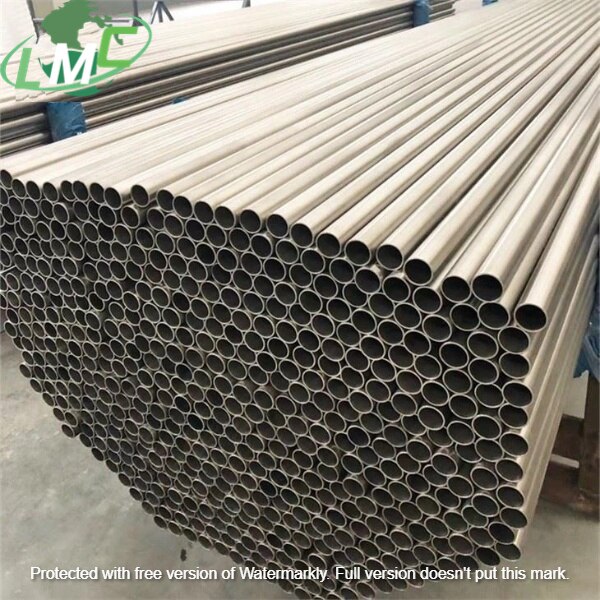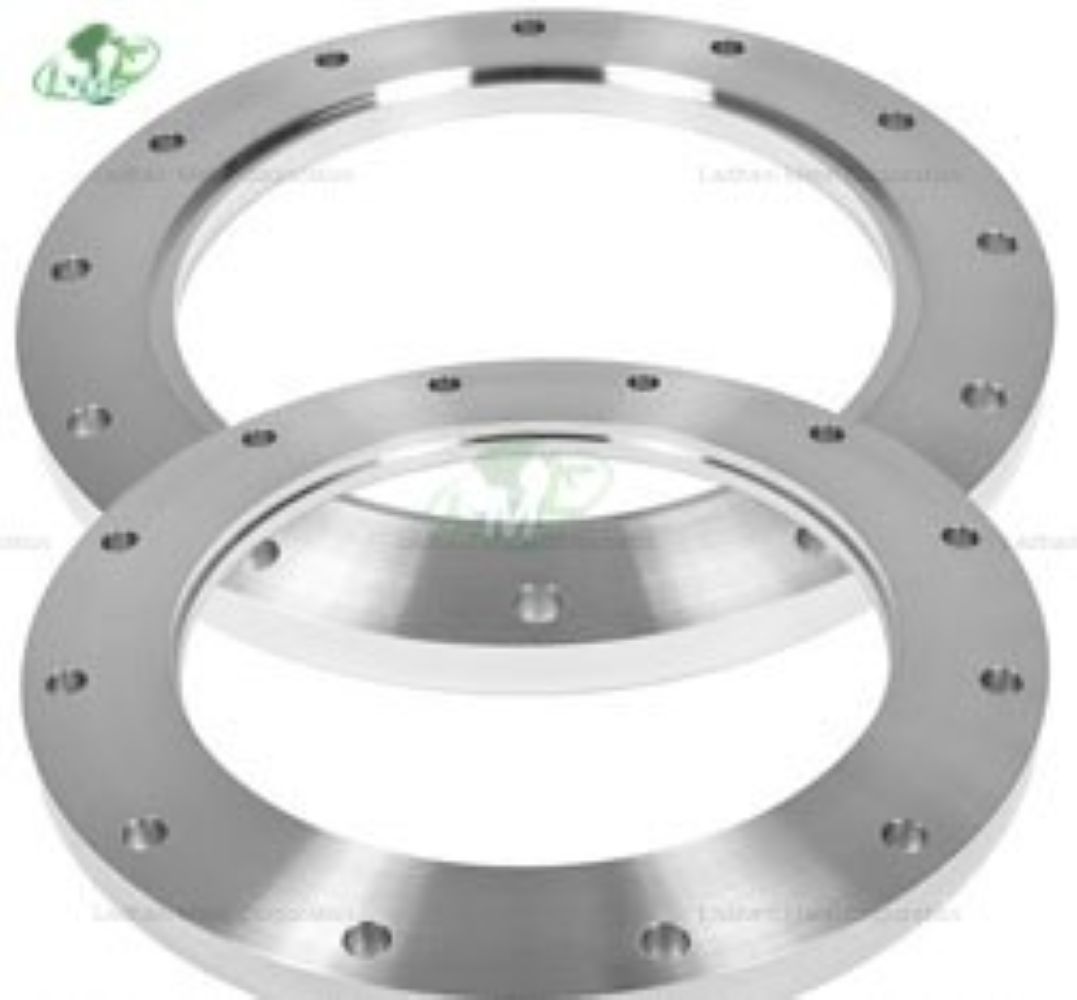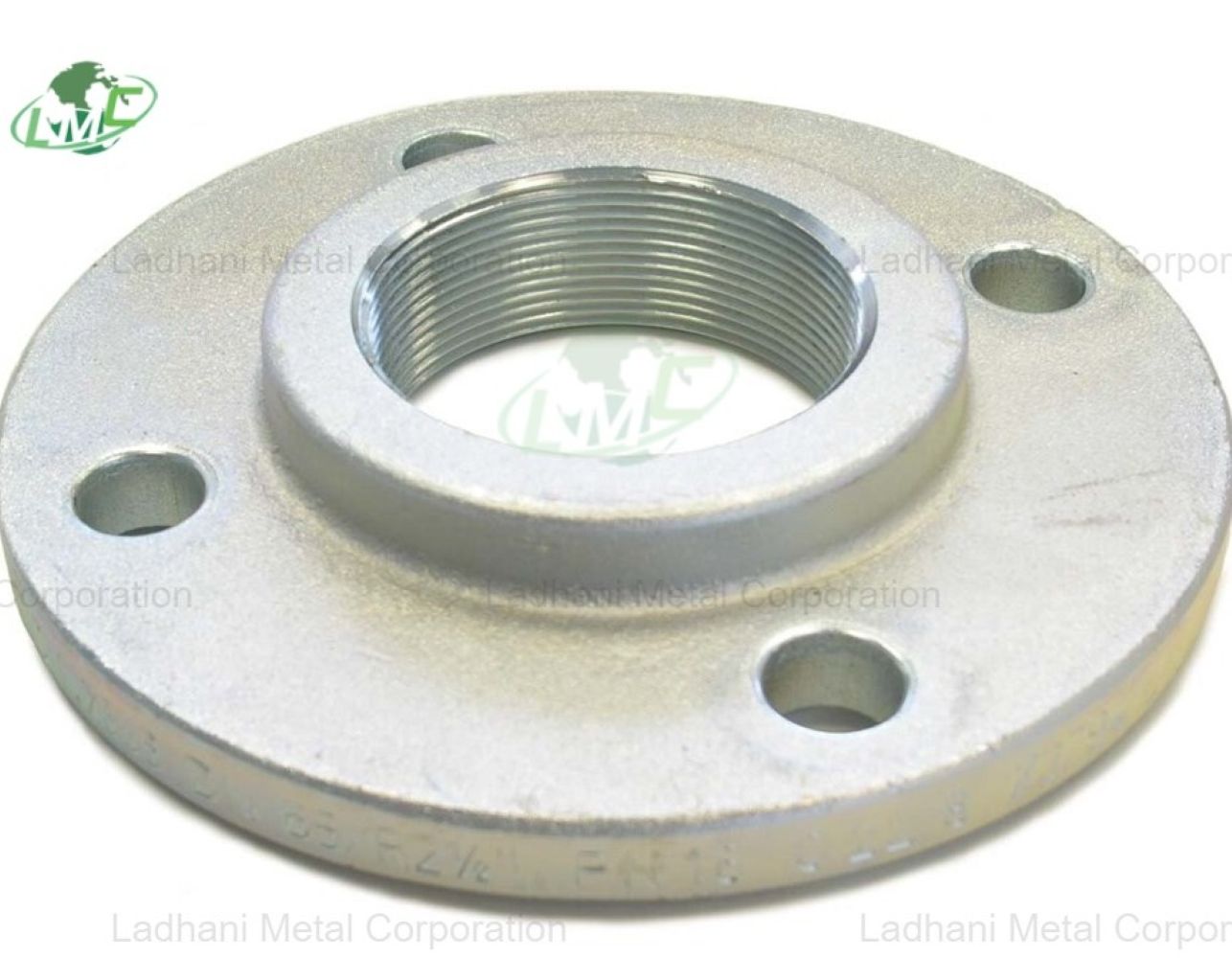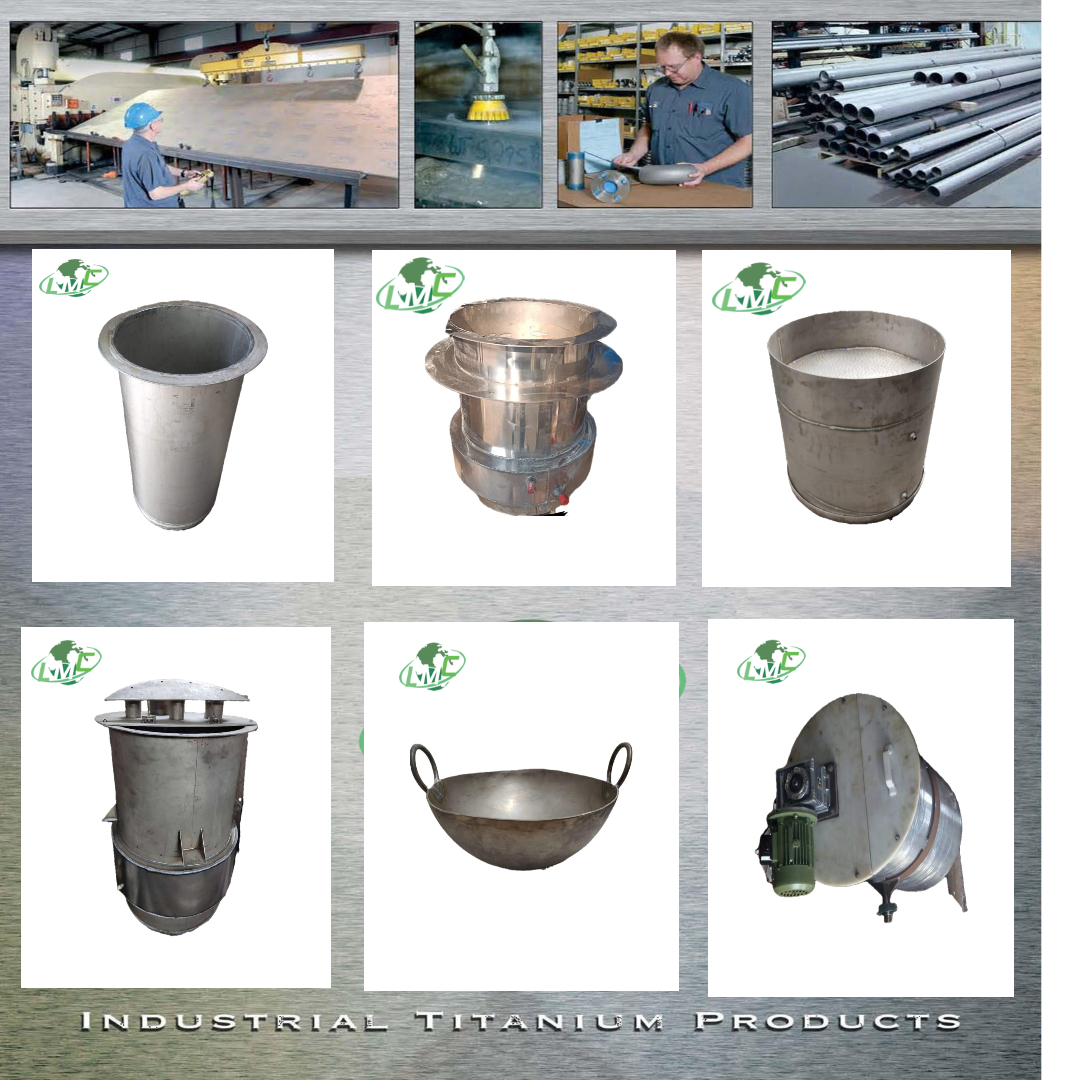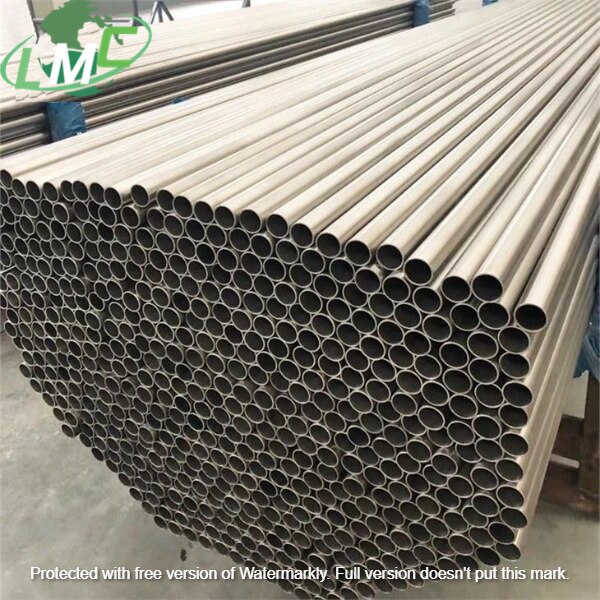Titanium couplings and nipples are essential components used in piping systems to connect, extend, or adapt pipes. Renowned for their outstanding strength, corrosion resistance, and durability, titanium fittings are widely utilized in high-performance industries such as aerospace, marine, chemical processing, and power generation. The unique properties of titanium ensure that these fittings offer long-lasting, reliable service in demanding applications. Titanium Coupling A titanium coupling is a pipe fitting used to join two pipes or tubes together. They are designed to connect the same or different diameter pipes, allowing for a seamless, leak-proof connection. Titanium couplings offer exceptional resistance to corrosion, high strength, and are lightweight, making them ideal for use in environments exposed to harsh conditions like seawater, chemical exposure, or high temperatures. Titanium Nipple A titanium nipple is a short, cylindrical pipe section that is typically threaded on both ends to allow for easy connection of pipes. It serves as an extension or connection between two other fittings or pipes, offering a secure and stable joint. Like other titanium components, titanium nipples offer the advantage of corrosion resistance, strength, and durability, making them suitable for challenging applications across various industries. Titanium Couplings and Nipples – Mechanical Specifications Material: Grade: Typically Grade 2 (commercially pure titanium) or Grade 5 (Ti-6Al-4V, titanium alloy) depending on the application requirements. Standard: ASTM B337, ASTM B348, or equivalent. Tensile Strength: Grade 2 (Pure Titanium): 35,000 – 50,000 psi (240 – 345 MPa). Grade 5 (Ti-6Al-4V): 130,000 psi (900 MPa). Yield Strength: Grade 2 (Pure Titanium): 20,000 – 40,000 psi (138 – 276 MPa). Grade 5 (Ti-6Al-4V): 120,000 psi (828 MPa). Elongation: Grade 2 (Pure Titanium): 20-25%. Grade 5 (Ti-6Al-4V): 10-15%. Hardness: Grade 2 (Pure Titanium): 170-230 HV (Vickers hardness). Grade 5 (Ti-6Al-4V): 300-400 HV (Vickers hardness). Types of Titanium Couplings: Threaded Couplings: Used to connect pipes with matching threads, providing a secure and easy-to-assemble connection. Common for low-pressure systems. Socket Weld Couplings: Welded into the socket of connecting pipes, ideal for high-pressure applications, offering a permanent, strong connection. Butt Weld Couplings: Have flared ends for welding to pipes, commonly used in high-pressure systems for a smooth and durable connection. Flanged Couplings: Connect pipes via flanges and bolts with a gasket for a high-pressure, leak-proof connection. Suitable for large-scale industrial applications. Types of Titanium Nipples: Threaded Nipples: Cylindrical pipes with male threads at both ends, used to extend or connect pipes. Easy to install and remove. Socket Weld Nipples: One end fits into a socket for welding, designed for high-pressure systems, offering a permanent and robust connection. Butt Weld Nipples: Used to connect pipes by welding, offering a seamless and high-strength connection for high-pressure systems. Reducing Nipples: Connect pipes of different diameters, allowing for transitions between pipe sizes in fluid systems. Extension Nipples: Extend the length of a pipeline, used in systems requiring adjusted pipe alignment or spacing. Hex Nipples: Have a hexagonal shape for easy tightening and installation without tools, commonly used in fluid and gas systems.
Send Message
